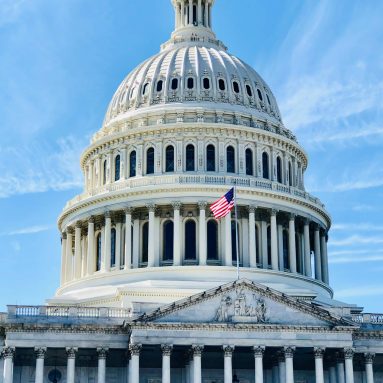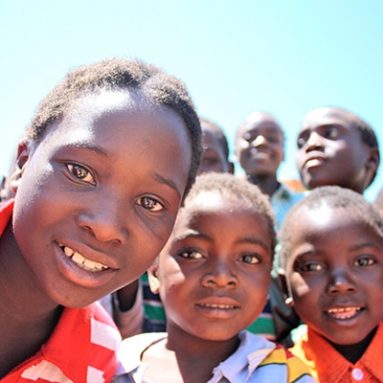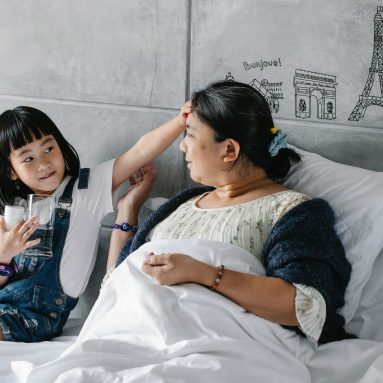- Economic Opportunity, Funding
President Biden released his budget on March 11 officially launching the process for Fiscal Year ‘25 appropriations. While it provides an important insight into the priorities of the White House and includes new initiatives that reflect his commitment to preventing violence and abuse, Congress has also agreed to constrain overall spending. We break down in this blog what the budget means in terms of violence prevention.














